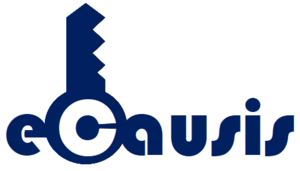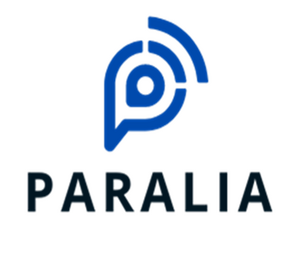Current projects

eCAUSIS
European, Certifiable, Affordable, User-oriented, Secure, Integration-able, Scalable quantum key distribution solutions
(Funded by EU) Project-ID: 101091564
Duration: March 2023 - August 2025
Partners: Creotech Instruments (Coordinator), Fraunhofer HHI, Austrian Institute of Technology
HiCONNECTs
The EU-funded HiCONNECTs project aims to develop cloud and edge computing platforms that are sustainable, energy-efficient, and bring cloud services closer to end users.
Duration: January 2023 – December 2025

PARALIA
Photonic Multi-beam Beamforming Technology enabling RADAR/LiDAR Multi-sensor Fusion platforms for Aerospace and Automated Driving applications
(Funded by: EU)
Duration: January 2023 - June 2026

PATTERN
PATTERN aims to revolutionize microwave photonics by introducing the world's first PDK for ultra-high frequencies above 100 GHz, incorporating InP, LNOI, and novel materials like YIG to advance PIC capabilities and surmount existing high-frequency packaging challenges.
Duration: September 2022 - August 2026

QSNP
Quantum Secure Networks Partnership
Programm Indentification Code: HORIZON-CL4-2022-QUANTUM-04-SGA
Project ID: 101114043
(Co-funded by the European Commission)
Duration: March 2023 – August 2026

Qu-Pilot & Qu-Test
Pilot lines, open testing and experimentation for quantum technologies
Programm Indentification Code: HORIZON-CL4-2022-QUANTUM-06-SGA & HORIZON-CL4-2022-QUANTUM-06-SGA
Project ID: 101113983 & 101113901
(Co-funded by the European Commission)
Duration: April 2023 – September 2026


QuNET+DECODE
optimizeD cohErent reCeiver fOr cv-qkD systEms
Program Indentification Code: QuNet+
(Funded by the Federal Ministry of Education and Research)
Duration: December 2022 – November 2025

QuNET+RECONNAITRE
Complexity-Optimised Quantum Receiver with Free Beam Interface
(Funded by the German Federal Ministry of Education and Research)
Network Coordinator: Pixel Photonics GmbH
Duration: January 2022 - June 2025

Space FIT
Research on compact QKD receiver payloads for high-altitude platforms and satellites
(Funded by the state of Berlin - Co-funded by the European Union (EU))
Duration: October 2024 - September 2027

SPRINTER
Low-coSt and energy-efficient hybrid Photonic integrated circuits for fibeR-optic, freespace optical and mmWave commuNication systems supporting Time critical networking in industrial EnviRonments
(Funded by the European Union)
Duration: September 2022 – August 2025